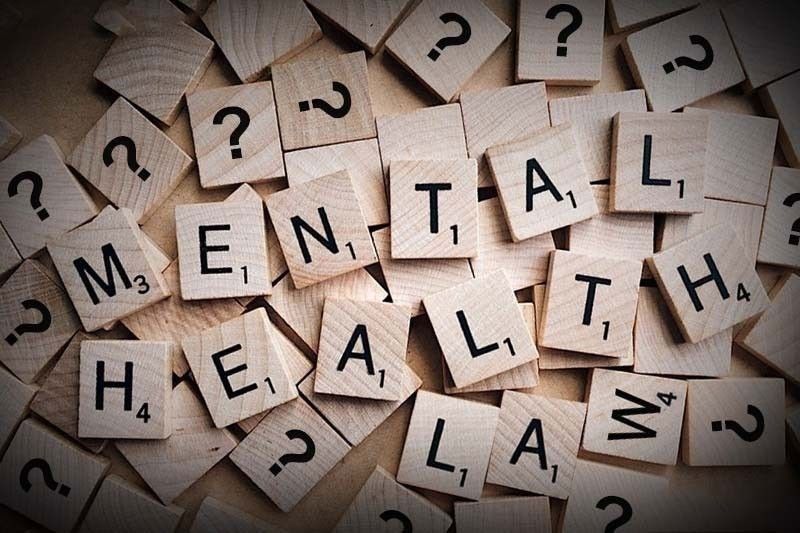
MANILA, Philippines — As the world emerges from the shadows of the COVID-19 pandemic, a new challenge looms large and clear: A silent and pervasive epidemic of mental health disorders is taking shape.
Recent data reveals alarming statistics. Globally, The World Health Organization (WHO) estimates that one in eight individuals is living with a mental health condition.
In the Philippines, 41% of Filipino Prosumers (consumers who are at the forefront of emerging trends, behaviors, beliefs and attitudes; making up 15 to 20% of the population) admit to be grappling with mental health issues. This figure skyrockets to 73% among Filipino Gen-Zs, indicating that they are more likely to experience mental health conditions than the average Filipino.
With 95% of Filipino Prosumers agreeing that mental health is one of the most pressing issues of our times, and 91% saying that “mental health is as important as physical health,” it is urgent to address this problem.
The bigger problem is that social stigmas and the fear of being misunderstood and judged is causing those who are suffering from mental health issues to suffer in silence. Seventy percent of them tend to mask their true emotions in order to fit in society and in work situations, presenting a facade of wellbeing instead. Since they put up a front, people they interact with do not see how serious their problem is and thus tend to dismiss mental health disorders as fleeting emotions or attribute them to a generation that is “weak.”
The misguided notion that mental wellness is a choice, and that individuals can simply “suck it up” or "will themselves to get better" further narrows the doors to an open dialogue. As a result, those who are experiencing mental health problems end up feeling isolated and kept farther away from the help that they need.
While world issues like inflation and socio-political climate contribute to mental stress, personal concerns such as familial relationships, personal financial stability, and job security still affect people on a deeper level. Close to half (49%) of Filipino Prosumers identify their personal and family situations as a factor with the greatest impact on their personal wellbeing. In comparison, only 20% have identified the economic situation as having the greatest impact on their mental health, and the COVID-19 pandemic was only identified by 18% as causing them a lot of mental stress.
“The path forward requires collective action. Public and private entities establishing robust support systems is one step closer to addressing mental health matters. At Havas Ortega, we open the conversation on self-care and relaxation through our TALK Initiative. We also have an employee assistance program that enables our people, who are living with mental health conditions, to not only survive at work but to also thrive and grow,” said Jos Ortega, chairman and CEO of Havas Ortega.
For Filipino companies and brands, adherence to the Philippine Mental Health Law is the starting point. But it is necessary to go beyond mere compliance to the law: Recognizing that employees have physical and mental wellbeing needs is the foundation of helping them grow holistically as individuals.
Ortega added: “By fostering an environment that encourages mental health discussions through advertising and marketing, businesses can be at the forefront of combating the silent pandemic of mental health disorders — ensuring a brighter, healthier future for all Filipinos.”
This is true not only in the workplace, though. Proper intervention to directly address the problem of mental health should come from family support groups, too, and, if need be, from mental health experts to get to the root of the problem and make sure it is solved.
*****
Credit belongs to : www.philstar.com
 MaharlikaNews | Canada Leading Online Filipino Newspaper Portal The No. 1 most engaged information website for Filipino – Canadian in Canada. MaharlikaNews.com received almost a quarter a million visitors in 2020.
MaharlikaNews | Canada Leading Online Filipino Newspaper Portal The No. 1 most engaged information website for Filipino – Canadian in Canada. MaharlikaNews.com received almost a quarter a million visitors in 2020.
